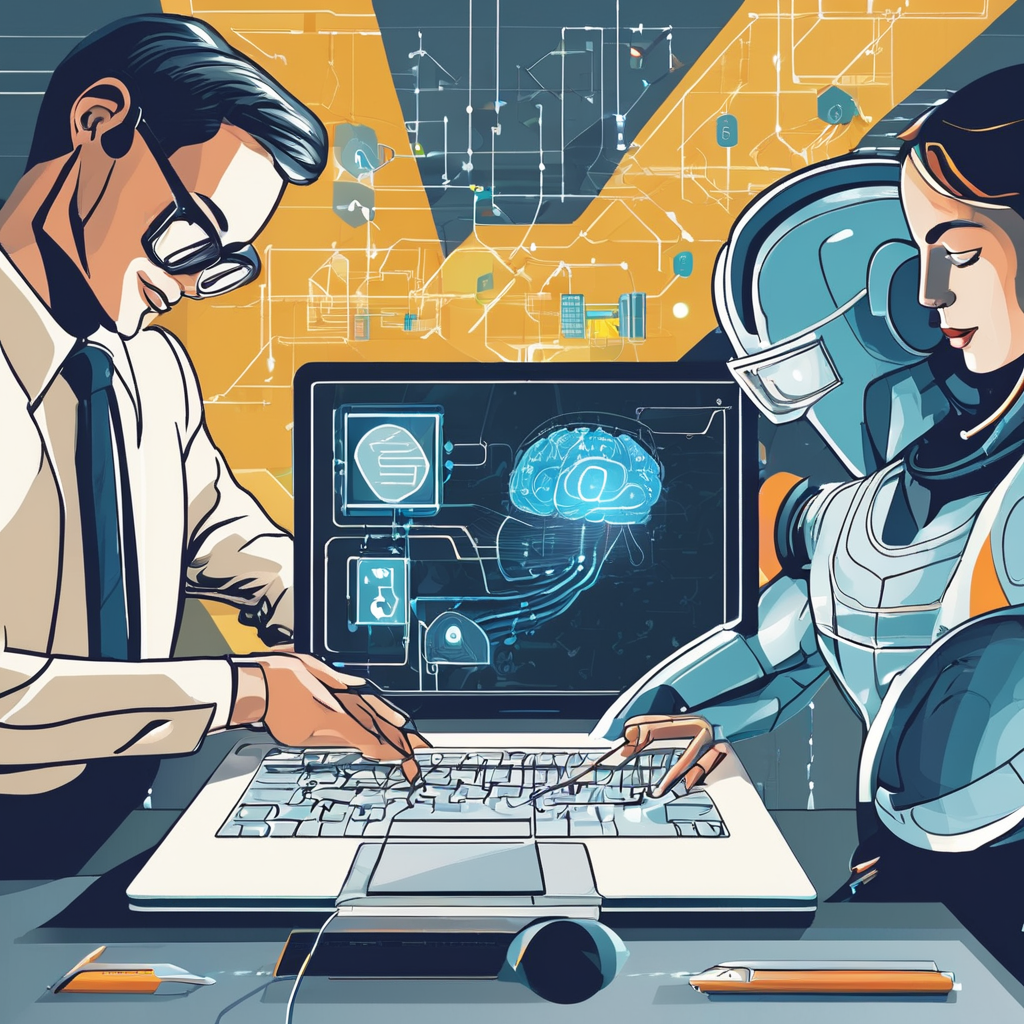Artificial intelligence (AI) has revolutionized various industries, and its impact on e-learning cannot be overstated. In recent years, AI technology has been increasingly integrated into e-learning platforms, transforming the way we acquire knowledge and skills online. This article delves into the significant role that artificial intelligence plays in e-learning, exploring its benefits, challenges, and future implications.
One of the key advantages of incorporating AI into e-learning is its ability to personalize the learning experience for individual learners. AI algorithms analyze data on students’ interactions with online courses, identifying their strengths and weaknesses to tailor educational content accordingly. This personalized approach enhances engagement and motivation, leading to improved learning outcomes.
Moreover, artificial intelligence enables adaptive learning systems that adjust the pace and difficulty of lessons based on each student’s progress. By offering targeted support and feedback in real-time, AI-powered e-learning platforms help learners master concepts more effectively and efficiently. This adaptive nature of AI promotes self-paced learning, accommodating diverse learning styles and preferences.
Another significant role of AI in e-learning is its capacity to automate administrative tasks, such as grading assessments and providing instant feedback. This automation frees up educators’ time to focus on more strategic aspects of teaching, fostering a more interactive and collaborative learning environment. Additionally, AI chatbots can offer immediate assistance to students, answering questions and guiding them through course materials.
Despite its numerous benefits, the integration of AI in e-learning also poses certain challenges and ethical considerations. Privacy concerns related to the collection and analysis of learner data raise questions about data security and transparency in AI-driven educational platforms. Ensuring the ethical use of AI in e-learning requires robust governance frameworks and clear policies to protect users’ privacy and rights.
Looking ahead, the future of e-learning with AI holds immense potential for further innovation and advancement. As AI technologies continue to evolve, we can expect more sophisticated virtual tutors and adaptive learning systems that cater to individual learning needs with greater precision. Furthermore, AI-enhanced content creation tools will enable educators to develop interactive and engaging learning materials more efficiently.
In conclusion, artificial intelligence plays a pivotal role in shaping the future of e-learning, offering personalized, adaptive, and efficient learning experiences for learners worldwide. While challenges exist in terms of data privacy and ethical considerations, the benefits of AI integration in e-learning are undeniable. As technology continues to progress, the synergy between AI and e-learning will undoubtedly drive educational transformation and empowerment in the digital age.
